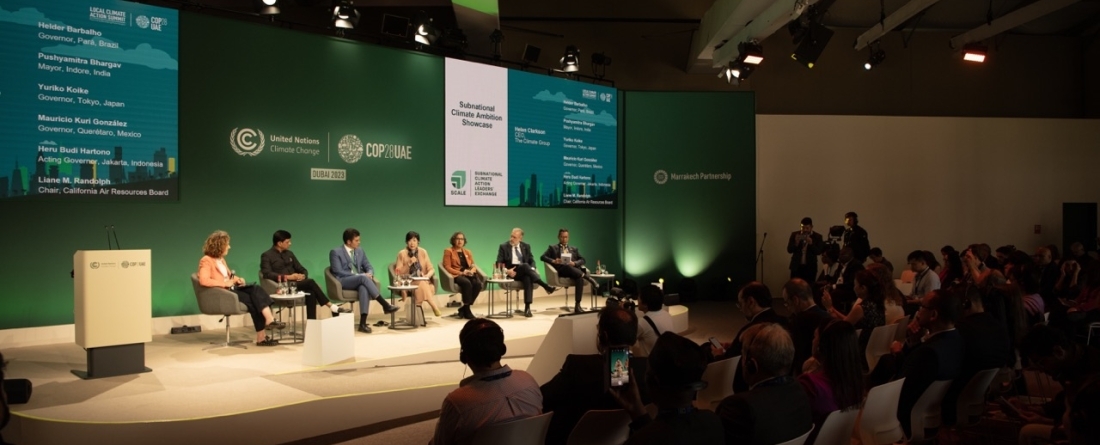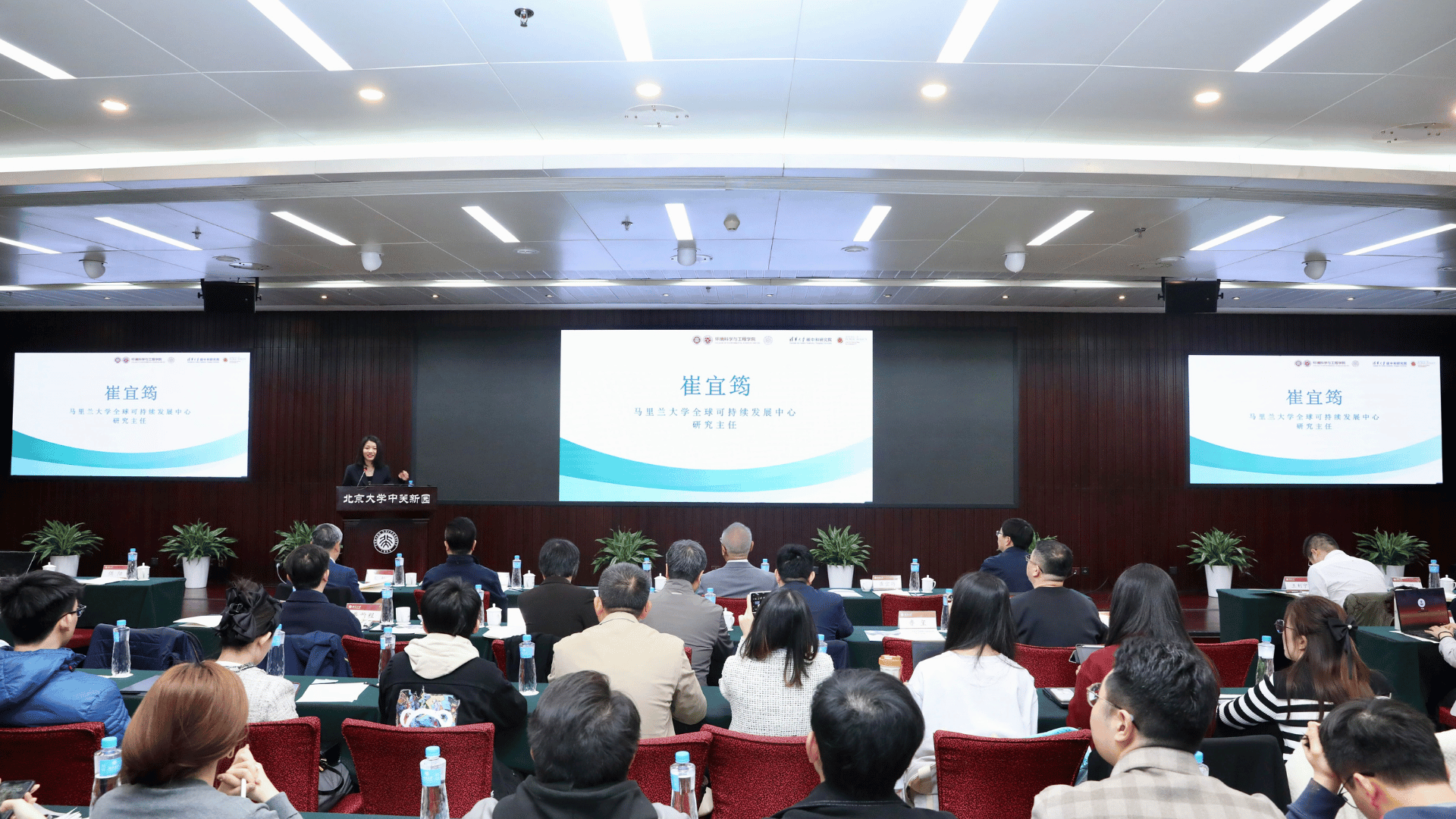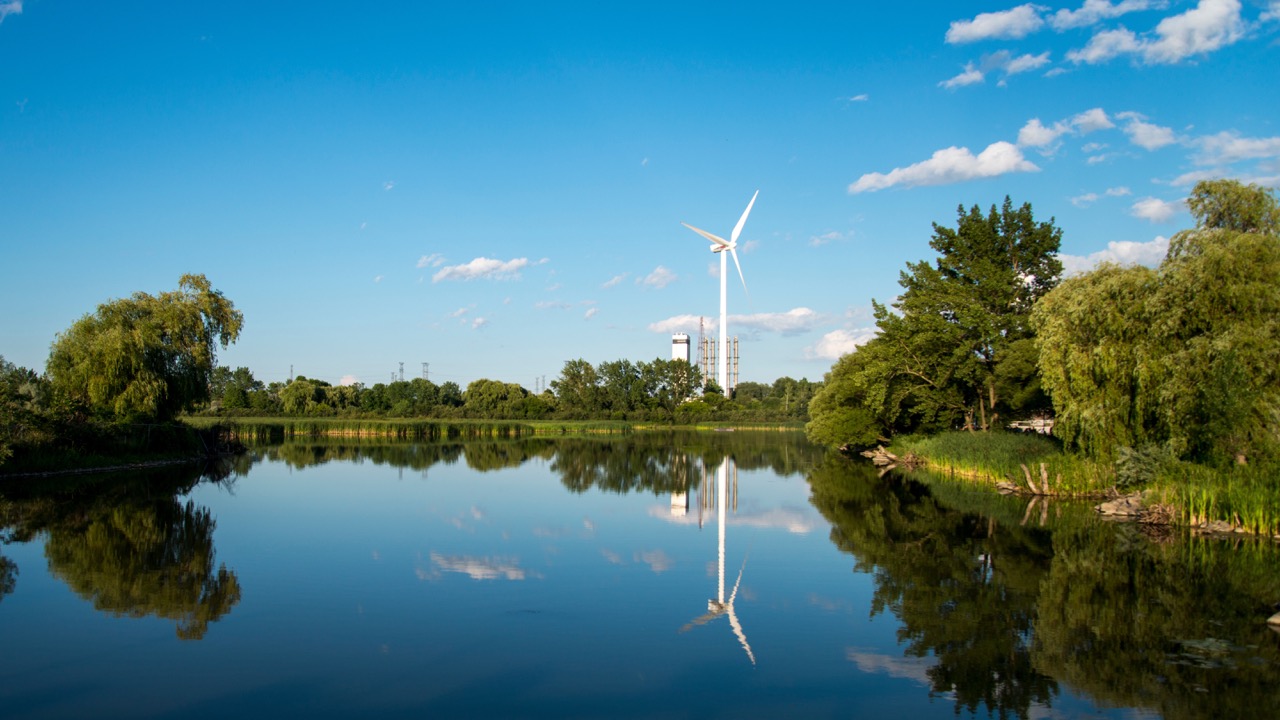
At COP28, a coalition of international partners launched Lowering Organic Waste Methane (LOW-Methane), a new initiative to jumpstart a dramatic scale-up of global action to cut methane emissions from the waste sector, which accounts for roughly 20 percent of global methane emissions from human activities. The ambition of LOW-Methane is to deliver at least 1 million metric tons of annual waste sector methane reductions well before 2030 with 40 subnational jurisdictions and their national government counterparts and to unlock over $10 billion in public and private investment toward that end.
Reducing methane emissions from the waste sector is critical for achieving the Global Methane Pledge goal of cutting methane emissions at least 30% by 2030 relative to 2020 levels.
By driving unprecedented resources to waste methane reduction, developing and deploying transformative data, technology and finance delivery models, and bringing in additional support from multiple partners, LOW-Methane will deliver significant emissions reductions and generate tools and approaches that will enable other jurisdictions to accelerate progress on the Global Methane Pledge. LOW-Methane will be complemented by a portfolio of enhanced domestic actions announced by countries at COP28.
To address the major emissions sources of today while preventing those of tomorrow, LOW-Methane will support action across the waste value chain, from reducing food loss and waste to diverting and treating organics in the waste stream to cutting emissions from disposal sites, in line with waste management hierarchies that emphasize the relative benefits of various waste management approaches. LOW-Methane will also work to boost equity and create healthier communities by supporting efforts that advance multiple benefits including methane abatement and by working in partnership with the informal waste sector.
The inaugural cohort of national governments intending to participate in the LOW-Methane initiative includes Chile, Nigeria, and Indonesia. Initial LOW-Methane jurisdictions intending to participate include Lagos, Rio de Janeiro and Santiago, with conversations underway with several other countries and jurisdictions. Proposed subnational participants will work toward a clear and ambitious waste methane reduction target, coordinating as appropriate with national government counterparts, and will work with national government counterparts and the LOW-Methane consortium in their efforts to achieve that target.
This work will be supported by a consortium of LOW-Methane stakeholders. Over 20 governments and organizations intend to participate, including Bloomberg Philanthropies, C40 Cities, Canada, Carbon Mapper, Catalytic Finance Foundation, Center for Global Sustainability at the University of Maryland, Clean Air Task Force, the European Union, GAIA, GHGSat, the Global Covenant of Mayors for Climate and Energy (GCoM), the Global Methane Hub, the Global Methane Initiative, Google, the Inter-American Development Bank, the International Solid Waste Association, Pacific Northwest National Laboratory, RMI, SRON, the Under2 Coalition, UNEP-convened Climate and Clean Air Coalition (CCAC), UNEP’s International Methane Emissions Observatory, the United States, the World Bank, and the World Resources Institute. The consortium will provide support for jurisdiction priorities related to data, technical capacity, policy, and finance.
To boost LOW-Methane’s impact on high priority areas, consortium partners intend to engage in cross-cutting work streams on data and finance. A “data action lab” will leverage a wide range of existing and emerging tools to develop comprehensive data and transparency packages that enable jurisdictions to accelerate action and deliver measurable, reportable, and verifiable results. This includes programs to engage directly with those most able to take action on methane emissions from the waste sector. A “finance action lab” will work to identify and catalyze strategic, policy, and programmatic interventions to unlock billions of dollars for waste methane abatement. LOW-Methane will be supported by a coordination group housed within the UNEP-convened Climate and Clean Air Coalition (CCAC).
The concept for LOW-Methane was developed by the Subnational Climate Action Leaders’ Exchange (SCALE), launched at COP27.



